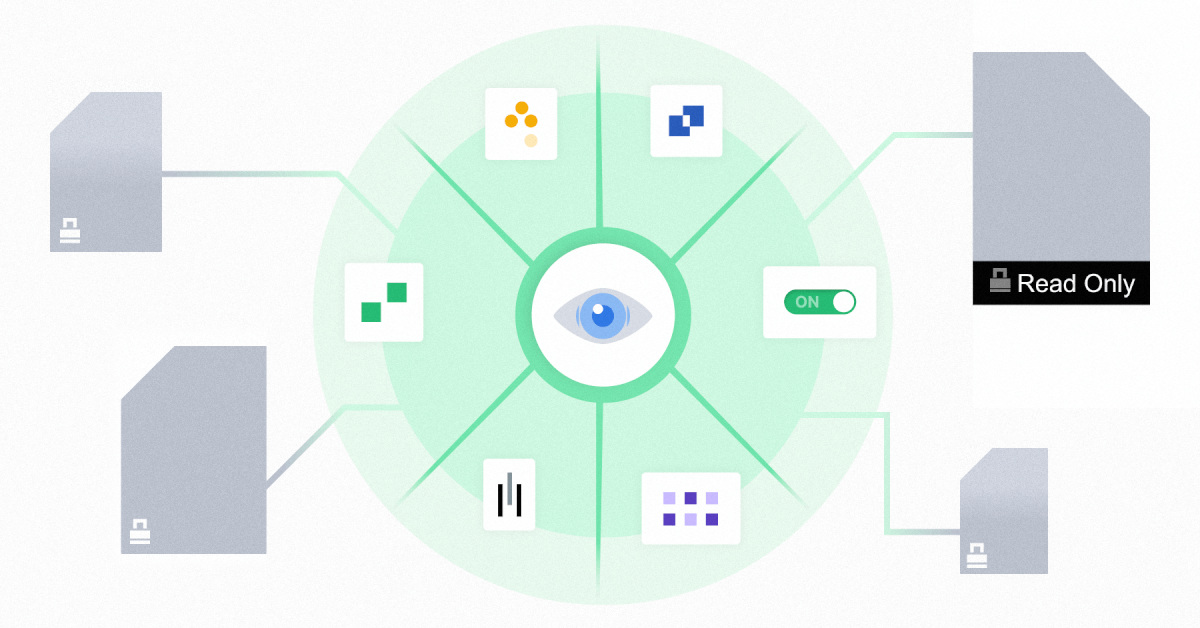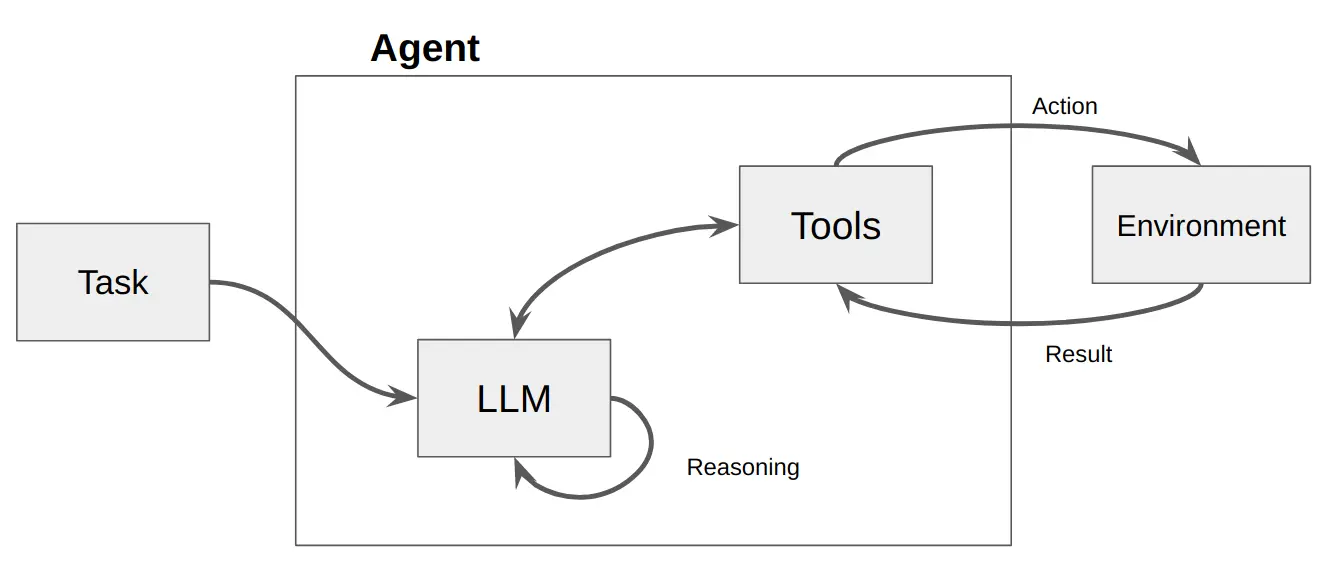Here are 10 different ways AI agents can streamline financial operations.
1. Automated Lifecycle Management of Subscriptions
AI agents can control the entire subscription process:
Manage new sign-ups Upgrades, downgrades, and cancellations.
Automated renewals are possible to send along with reminders or confirmatory messages depending on the user's preferences.
2. Customized Payment and Billing Options
AI customizes billing to subscribers
Discounts, prorated fees, or trial extensions automatically.
You are able to offer flexible payment plans based on the preferences of your customers or patterns of usage.
3. Intelligent Customer Retention
AI improves customer retention by:
Identification of at-risk customers Based on usage or payment patterns.
Offering incentives and offers that are targeted to reduce the churn.
4. Subscription Analytics and Forecasting
AI can provide useful insights
Forecast subscription growth and revenue trends.
Determine the times of peak sign-ups or cancellations to recommend strategies to improve.
5. Tiered and Usage-Based Pricing Automatization
AI is able to manage complicated pricing models:
Pricing structures that calculate basing on tiered pricing or usage can be automated.
Be sure to accurately bill for any overage or under-utilized services.
6. Communication and Notifications Streamlined
AI keeps customers informed
Automate sending payment reminders renewal reminders, as well as service updates.
Personalize your messages by studying the customer's behavior and preferences.
7. The detection of fraud on subscriptions
AI identifies suspicious activities:
Detect unusual activity like numerous unsuccessful payments.
Automatically flag transactions or accounts that are fraudulent for review.
8. Simple Revenue Recognition
AI ensures compliance with accounting standards
Automatic revenue recognition based subscription date and time of start.
Generating detailed reports to satisfy financial regulations and audit requirements.
9. Integration with CRM and ERP Systems
AI Bridges Systems to ensure seamless Operation
The synchronization of subscription data is done with CRM and ERP platforms.
Customer subscriptions can be unified to facilitate departmental collaboration.
10. Customer Experience that is Adapted to the needs of the customer
AI enhances user satisfaction:
Based on usage history, recommend any additional upgrades or services.
The dynamic tailoring of subscription plans will aid in reducing cancellations.
Companies can enhance their management of subscriptions and satisfaction with customers through AI-driven software. They also can improve the highest efficiency for their financial workflows. Check out the most popular AI agent for Chat Transcription for website examples including AI agent for procurement, AI agent for vendor selection, AI agent for payroll management, AI agent for supplier management, AI agent for hr compliance, AI agent for software development, AI agent for invoice adjustment requests, AI agent for budgeting, AI agent for reconciliation, AI agent for witness list creation and more.

10 Ways Businesses Can Use Ai Agents To Detect Fraud And Manage Risk
AI agents are a fantastic method to reduce the risk of financial loss and spot fraud.
1. Real-Time Monitoring of Transactions
Artificial intelligence agents can detect fraud by:
Monitoring financial transactions continuously in real time.
It is crucial to report any transactions that don't follow the normal routines. For example, unusually large payments or transactions, and transactions that occur at a rapid rate, should be flagged.
2. Anomaly Detected
AI can be used to spot abnormal behaviour.
Utilizing machine-learning algorithms to analyse historical transaction data to identify anomalies.
Recognize patterns that can be a sign of fraud.
3. Predictive Risk Assessment
AI can predict risks in the future.
A look at the past is a great method to identify certain risky financial transactions and fraud.
Accounts that are flagged or transactions that match high-risk profiles, based on prior incidents.
4. Biometrics using Behavioral Data
AI agents are able to study user behavior by:
Monitoring the way users interact with financial platforms.
When erratic or unusual behavior is observed, it could signal identity theft or unauthorized access.
5. Automated alerts for suspicious activities
AI gives immediate alerts through:
Notifying risk managers and compliance officers when suspicious activity has been identified.
Automated processes are activated for example, account lockouts or fraud investigation.
Credit Risk and Scores
AI can aid in assessing the customer creditworthiness by:
The analysis of financial histories and their behavior to determine the probability of fraudulent or insolvent actions.
The company offers dynamic credit scores that change based on the current activity, assisting businesses to reduce risk when the area of lending or payments terms.
7. Natural Language Processing (NLP) for Document Fraud Detection
AI detects fake documents:
Scan invoices, contracts as well as other financial records for inconsistencies, forged signatures, or altered data.
Make use of NLP algorithms to spot variations in the text and the context which may indicate fraud.
8. Screening of Customers and Vendors
AI can aid in preventing fraud by:
AI-driven analysis is used to perform background checks for clients and vendors with public records. Financial history and social media profiles and other data.
Identifying high-risk entities and requiring a closer look before completing transactions or contracts.
9. Compliance Monitoring
AI assures compliance with regulations by:
Continuously checking financial operations against compliance and regulations.
Automating audits and reports can aid in ensuring compliance with the law, helping companies identify and prevent financial fraud.
10. Machine Learning for Continuous Fraud Detection and Improvement
AI agents will improve with time:
Machine learning is a powerful tool to help you adapt and improve as new fraud strategies and methods are created.
Continuous training with new data to improve fraud detection models and reduce false negatives.
Through the use of AI for fraud detection and risk management, businesses can safeguard their assets and finances, comply with regulations and stay ahead of the game. This improves security, efficiency in operations, as well as overall performance. Read the top rated AI agent for Help Desk Support for site guide including AI agent for risk management, AI agent for contact information verification, AI agent for intellectual property, AI agent for transaction matching, AI agent for risk management, AI agent for anti-money laundering, AI agent for content creation, AI agent for hipaa compliance monitoring, AI agent for supplier onboarding, AI agent for project planning and execution and more.

Ai Agents Can Be A Fantastic Option For Companies To Be In Compliance With Compliance And Regulations.
Here are 10 ways AI agents will help your company comply with rules and regulations that govern financial operations.
1. Automating the Reporting of Regulatory Information
AI agents streamline reporting by:
Automatically generating compliance reports that are required by regulatory agencies (e.g., SEC filings, tax reports, or financial disclosures).
In ensuring that all documents required are filed in a timely manner, the chance of being fined for late filings or non-compliance is minimized.
2. Real-time Monitoring and Analysis of Transactions
AI helps to ensure compliance with the anti-money laundering (AML) and the know-your-customer rules (KYC),
Continuously monitoring financial transactions to detect suspicious behaviour.
The flagging of transactions that do not comply with the rules of compliance. For instance, transactions that are unusual or large in size or transactions that cross borders that require extra scrutiny.
3. Automated audits to validate data
AI agents assist in audits through:
Automated checks are performed to make sure that the financial records and transactions are in line with internal policies as well as external rules.
Verifying and completing financial data. Be alerted to any mistakes or discrepancies that could result in compliance issues.
4. Maintaining records Security & Privacy
AI can help meet data protection regulations (e.g., GDPR) by:
Securely store sensitive transactional and customer data to ensure they are safely transmitted and stored.
Automately manage consent preferences, and ensure personal data is only used in compliance with legal agreements.
5. AI Fraud Detection
AI helps in preventing fraud through:
Analyzing patterns of transactions to spot fraud or irregularities that may be in violation of financial regulations.
Machine-learning algorithms are used to identify potential fraud risks and identify the potential fraud risks, while avoiding violations of the fiscal or legal requirements.
6. Changes in Regulation Change Detection
AI can assist businesses in staying up to date by:
Monitor changes to relevant financial regulations such as tax laws and reporting requirements.
Automate the updating of internal processes and systems regularly to ensure compliance with most current updates to the regulatory framework.
7. KYC (Know Your Customer) and AML Compliance
AI assists in conformity:
Automating KYC compliance through automation of the process of identifying a customer.
Comparing the behavior of customers with known risk profiles can help identify money laundering.
8. Risk Assessment and Management
AI helps improve compliance management:
Continuously assessing, forecasting, and addressing compliance risks using past data as well as financial transactions.
Recommending actions to mitigate identified risks and ensure conformity to the regulatory frameworks.
9. Contract and Document Analyses
AI boosts compliance by:
The use of natural language processing to aid in the analysis of contracts, agreements and other legal documents.
Automatically flagging clauses, or terms, that might violate legal requirements. This can help businesses avoid legal violations.
10. Tax Compliance Automation
AI simplifies tax compliance by:
Automating the calculation and filing of tax returns, ensuring that businesses follow tax laws and meet deadlines.
Analyzing transactional data to identify potential tax benefits such as exemptions, deductions and exemptions.
AI agents will help businesses comply with regulations and reduce the risk of making mistakes. AI's capacity to automate, monitor, and change to meet the demands of changing times can be a powerful instrument for ensuring compliance with regulations for financial operations. See the top rated AI agent for Risk Assessment and Mitigation for more examples including AI agent for customer communication, AI agent for accounts payable, AI agent for refund processing, AI agent for asset management, AI agent for customer inquiries, AI agent for human resources, AI agent for payroll auditing, AI agent for document filing, AI agent for service inquiry follow-up, AI agent for resume parsing and more.
